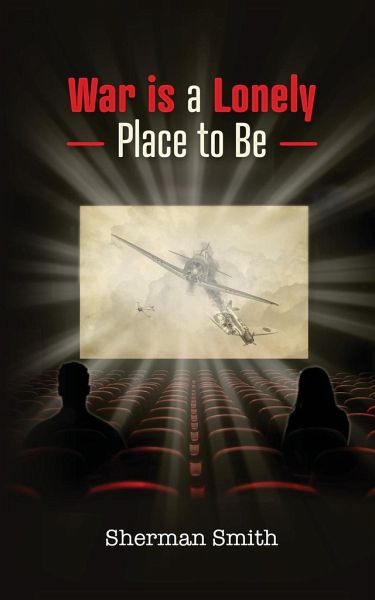Nicht lieferbar

War is a Lonely Place to Be
Versandkostenfrei!
Nicht lieferbar
The world was different when The Greatest Generation was young. Many had never ventured more than a few miles from their home towns. What they knew about the outside world came from newsreels, for those who could afford to go to the movies. By 1939 much of the rest of the world was at war. On December 7th, 1941, we were slapped out of our depression era isolation to face the hard truth. While there was a draft, many signed up because there was a job to do - the world was on fire and some one had to put it out. This is the story of seven imperfect members of that generation, their lives from 19...
The world was different when The Greatest Generation was young. Many had never ventured more than a few miles from their home towns. What they knew about the outside world came from newsreels, for those who could afford to go to the movies. By 1939 much of the rest of the world was at war. On December 7th, 1941, we were slapped out of our depression era isolation to face the hard truth. While there was a draft, many signed up because there was a job to do - the world was on fire and some one had to put it out. This is the story of seven imperfect members of that generation, their lives from 1932 through the war years ending in 1946 at a Veteran's Hospital in San Francisco. Their story is global, of romance, and tragedy, the music of their generation echoing beyond their years. No one wanted to be a hero. In the end all they wanted was to come home. No one wanted war and few wanted to be heroes. Duty called in many guises but whether it was on a convoy ship in the frigid Artic, a cruiser in the Dutch East Indies, or a nurse in San Francisco , they did their duty, and when it was over all they wanted was to go home. The depression honed the character of the 317 men who lost their lives at the battle of Midway, and the many battles before and after. The story begins in 1932, concluding in 1946 at the Veteran's Hospital as strangers coming to terms with their common experience. The author uses the news reels of the times as the transitional voice.











